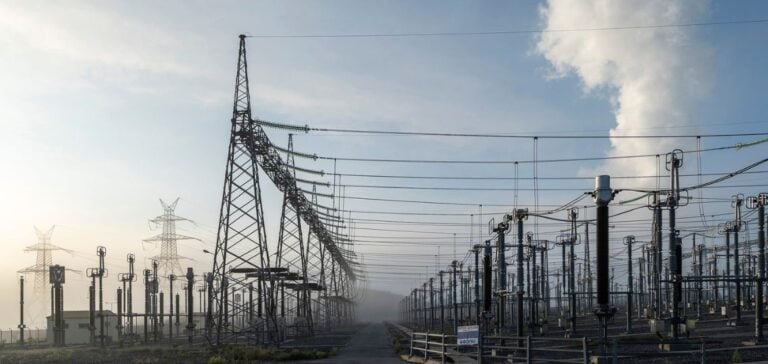Europe’s energy crisis, exacerbated by geopolitical and economic factors, is causing growing concern among member states.
Greece, faced with a significant rise in electricity prices, recently sent a letter to the European Commission, in which Prime Minister Kyriakos Mitsotakis formulated several requests aimed at improving the situation.
These proposals aim to strengthen energy market regulation, support cross-border infrastructure and reform the energy market within the European Union.
Mitsotakis calls for the creation of an EU-wide energy regulator to inspect energy markets.
This initiative aims to ensure proper supervision and prevent abuse, while addressing concerns about transparency and price manipulation.
Such a regulator could play a key role in setting common standards and harmonizing practices across member states.
Strengthening energy infrastructures
At the same time, the Greek Prime Minister urges the Commission to support infrastructure projects that improve connectivity between national electricity grids.
Increasing electricity transfer capacity between EU countries could stabilize prices and enhance energy security.
By facilitating a smoother flow of electricity, these projects could also contribute to better management of available energy resources.
Mitsotakis also stresses the need for further reform of the EU energy market.
He stresses that the new Commission must commit to increasing cross-border capacities to smooth out price fluctuations.
This reform is seen as essential to ensure a stable and affordable energy supply for European citizens, particularly in a context of market volatility.
Social and economic pressures
Rising electricity prices have created social tensions in Greece, with citizens struggling to understand the reasons for the sudden increase.
Mitsotakis describes the situation as “politically unacceptable”, highlighting the need for the government to demonstrate its commitment to resolving the crisis.
Consumer concerns are increasingly pressing, and the government must act quickly to allay anxieties.
The European Union faces an urgent need for investment in its electricity networks, estimated at around 584 billion euros this decade.
These investments are crucial to modernize and extend infrastructures, in order to meet the demands of the energy transition.
Modernizing networks will not only reduce congestion, but also improve resilience to external shocks, such as geopolitical conflicts or natural disasters.
Energy Integration and Overcoming Challenges
Greece’s demands underline the importance of deeper energy integration within the EU.
Greater cooperation on interconnections and harmonized regulation are needed to strengthen energy resilience in the face of future crises.
However, implementing these reforms requires consensus among the 27 member states, which often have divergent energy policy priorities.
The persistent dependence of many European countries on natural gas, often imported, exposes the continent to fluctuations in world prices.
This underlines the urgent need to diversify energy sources and strengthen renewable energy infrastructures.
The transition to more sustainable energy sources is essential to reduce this vulnerability and guarantee long-term energy security.
Geopolitical Risks and Future Reflections
The current situation also highlights the geopolitical risks associated with energy dependency.
The conflict in Ukraine has revealed Europe’s energy security vulnerabilities, prompting a strategic reassessment of energy policies.
Member states must work together to strengthen their energy independence and reduce their exposure to external shocks.
Greece’s proposals to the EU for an urgent response to the energy price crisis illustrate the need for coordinated action and structural reforms.
The success of these initiatives will depend on the collective political will within the EU to tackle these complex challenges.
The decisions taken today will have a significant impact on the stability of energy markets and consumer protection in the years to come.





















